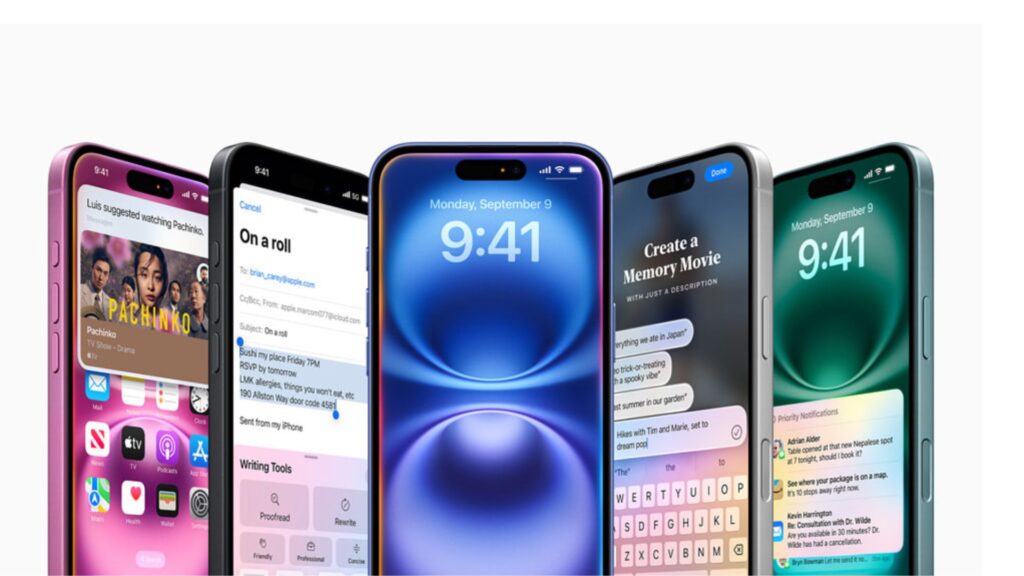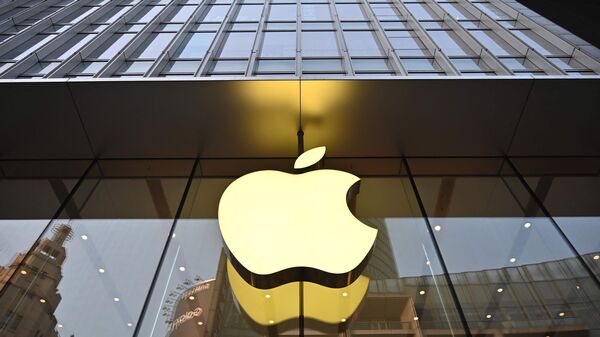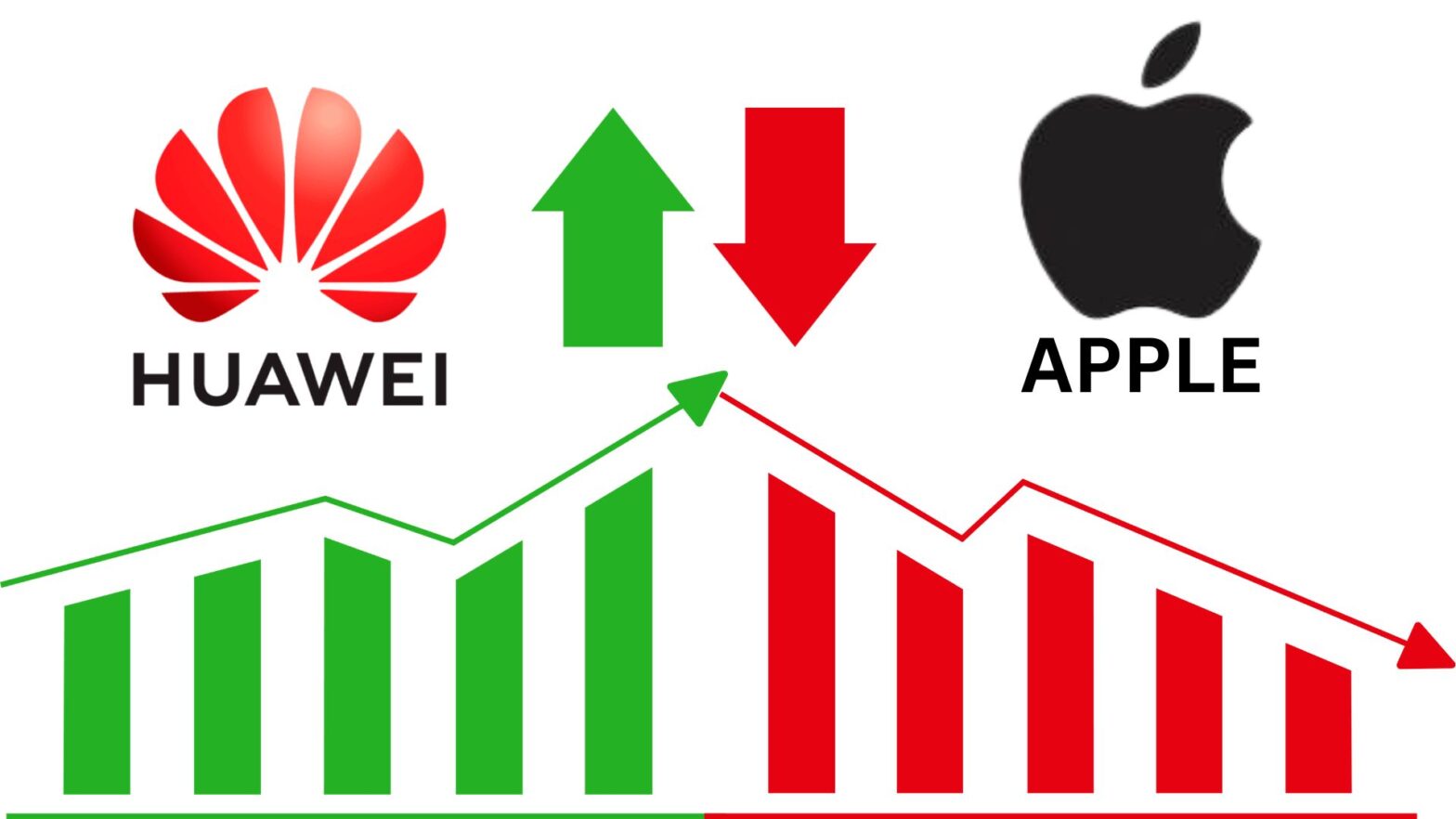The 2024 Singles’ Day shopping festival in China delivered a stark contrast in fortunes for Apple and Huawei, signaling a dramatic shift in the smartphone market. While Apple’s sales plummeted by “double-digit percentages,” Huawei’s sales surged by 7%, underscoring the growing challenge Apple faces in the world’s largest smartphone market.
Held from October 18 to November 10, the event is typically a high point for consumer electronics, with massive discounts and new product launches drawing millions of buyers. Historically, Apple has performed well during this period, but the 2024 festival revealed new dynamics. Analysts pointed to an “abnormally high number” of flagship smartphones launched by local brands like Huawei, OPPO, and vivo just ahead of the event, making it harder for Apple to stand out.

Huawei’s success was fueled by a combination of aggressive pricing and strategic product releases. The company introduced its Mate 60 series just in time for the festival, driving a spike in consumer interest. Additionally, the brand offered discounts of up to 47% on select models, appealing to price-conscious shoppers. Meanwhile, Apple struggled to match local competitors’ pricing, even as it offered discounts on its iPhone 16 series. Yet, despite the discounts, sales were not enough to combat the overwhelming competition, particularly from Huawei’s new flagship models like the Pura 70 and Mate 60, which were seen as technologically superior by many consumers.
The broader trend of local brands gaining ground was compounded by the overall smartphone market’s decline, which dropped 9% year-on-year during Singles’ Day. According to Reuters, Huawei’s growth was one of the few exceptions to this downward trend, with its price reductions and 5G technology being key drivers of its success. The Mate 60’s advanced features and the Nova 13 series also positioned Huawei as an innovation leader in the 5G space, directly challenging Apple’s premium position.

Apple’s performance, on the other hand, highlights the increasing challenge it faces in China. Despite its iPhone 16 Pro and Pro Max being the best-selling models of the event, it was clear that Apple’s reliance on premium pricing and limited innovations in this year’s lineup wasn’t enough to satisfy a more budget-conscious or tech-savvy consumer base. Economic pressures also played a role, with China’s overall economic slowdown affecting consumer enthusiasm.
This year’s Singles’ Day performance prompts questions about Apple’s future in China. Will the company need to reconsider its pricing strategies or product offerings to counter Huawei’s rise? And what impact might this have on Apple’s broader strategy in Asia, especially as local brands continue to dominate in key markets?













